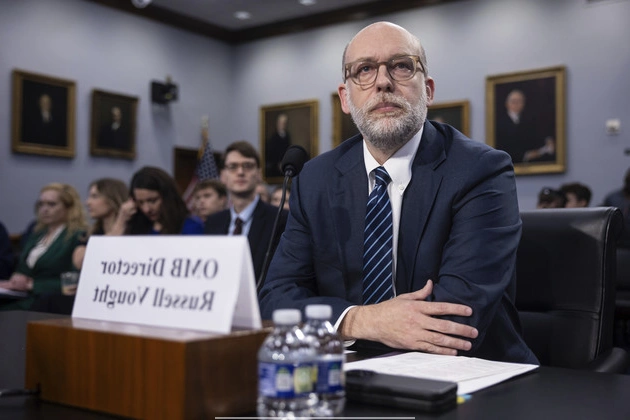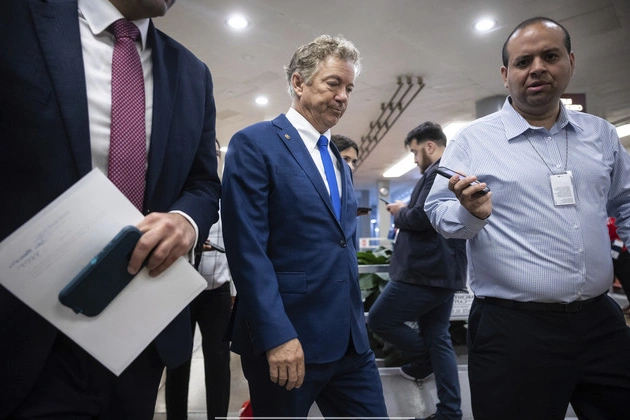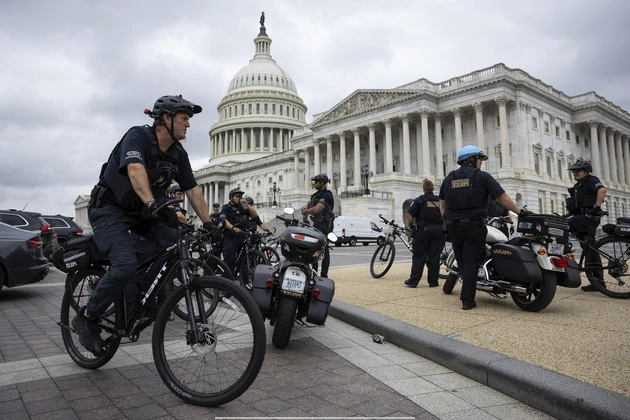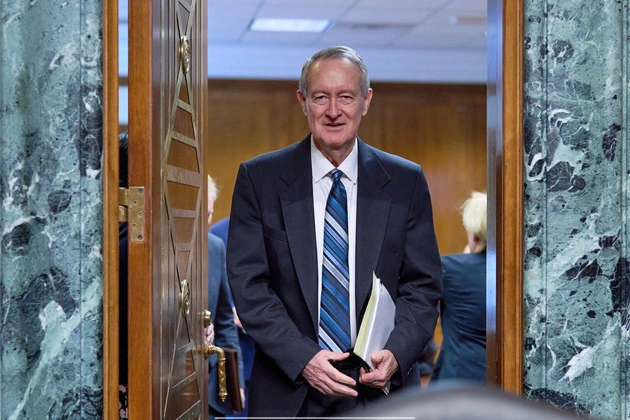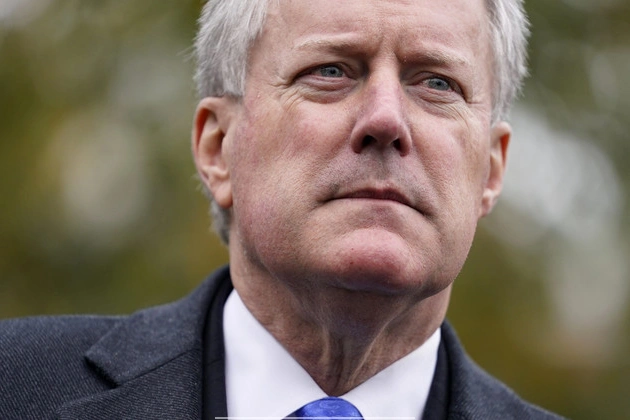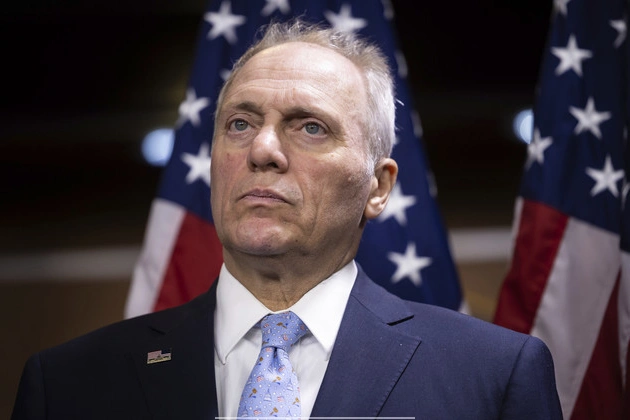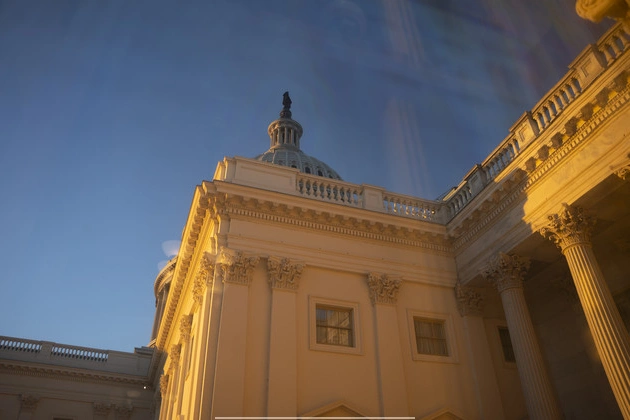
President Donald Trump is stirring up a lobbying frenzy over daylight saving time, with his changing opinions sparking a renewed debate on how the U.S. should set its clocks.
After initially urging Congress to ‘eliminate Daylight Saving Time,’ Trump’s recent comments have created confusion and intense lobbying efforts from various interest groups.
The Lobbying Landscape
Advocates for permanent daylight saving time, including the golf industry and retail sectors, are pushing for more daylight in the evenings and an end to biannual clock changes. On the other side, sleep doctors and Christian radio broadcasters are advocating for sticking with standard time to protect sleep health and broadcasting regulations.
Groups on both sides are gearing up for extensive outreach to key government departments and members of Congress to support their positions and influence legislation.
Political Influencers Join the Fray
Conservative influencers like Jack Posobiec are actively promoting the benefits of permanent standard time, leveraging their platforms to sway public opinion. The debate is reminiscent of past shifts in time regulations and public sentiment.
The Trump Factor
The central question remains: where does President Trump stand on this issue? Advocates are eager to decipher his true position and potentially sway his decision-making process. Trump’s engagement will likely shape congressional action on daylight saving time legislation.
Health and Economic Considerations
Supporters of standard time argue for its health benefits, citing the preservation of natural circadian rhythms and public preference. Conversely, proponents of daylight saving time highlight economic advantages, particularly for outdoor recreation and industries like golf and retail.
Continued Advocacy and Congressional Efforts
The debate over permanent time changes has gained momentum in 2022, with bipartisan efforts in Congress to pass legislation favoring daylight saving time. However, challenges remain in unifying opinions and securing lasting changes.
The lobbying battle over daylight saving time reflects broader concerns about public health, economic interests, and regulatory impacts. As stakeholders continue to engage with policymakers, the future of time regulations in the U.S. remains uncertain.






